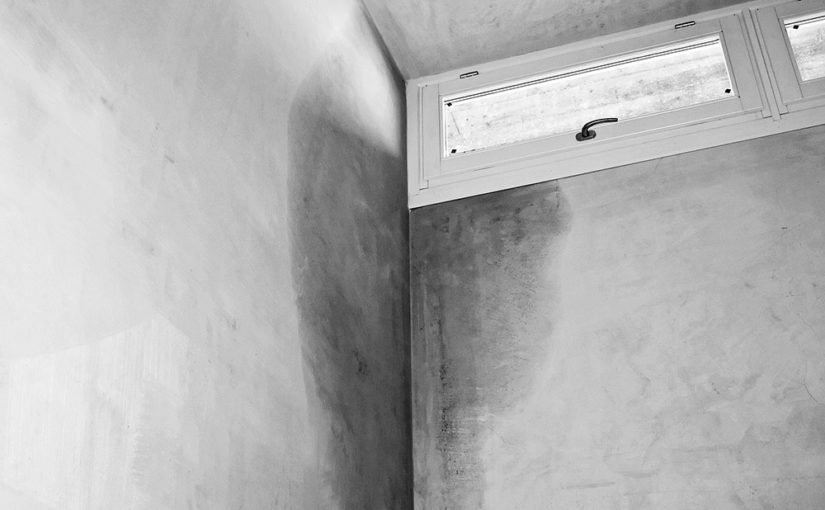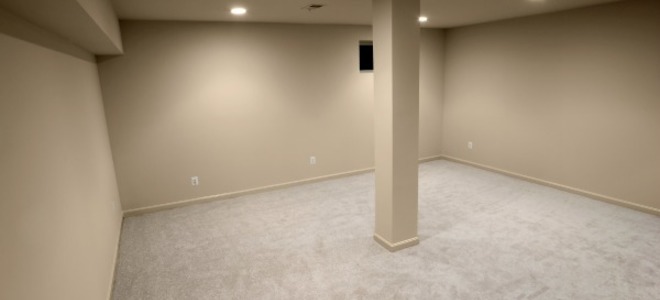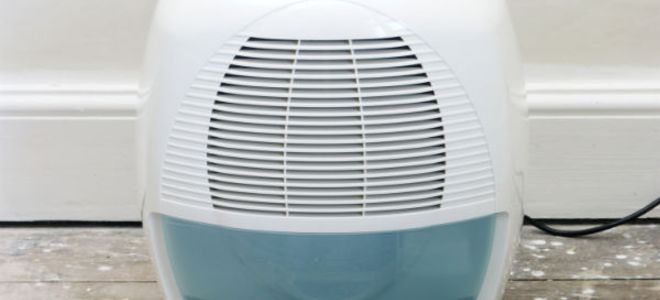Whether it’s inhabited and well used, infrequently used, or just serving as a stash, keeping your basement in tip-top condition is important to the overall structural integrity of your home. Treat it like any other room in your home. Making sure your basement is safe and dry year round can save you from difficult and costly repairs in the long run!
Here’s a quick checklist (addressing some of the most common problems) to go through at least every two months to make sure your basement is still in good order and that you won’t get a headache in the near future.
Check for water leaks
Water can get to any part of the house pretty quickly if the walls are not finished, and some basements tend to go unfinished with pipes exposed and walls untreated. This makes the room more prone to water seepage because your basement is wholly or partially underground. Check the walls for cracks and watch your pipes to see if there are any leaks or drops that need to be fixed.
Contact a professional to fix any leaks and fill cracks and ask for a drain extension. Downpipes are outer pipes that weaken the rainwater away from the house. So if they are further away from the living area, you can keep the water away from the places you don’t want it. And in case you have a downspout, make sure that you are not only clean and free of debris, but also regularly check for leaks.
Look at the humidity
With the changing temperatures, you have to switch from heating to air conditioning. If you have both and the appropriate pipes run through your basement, moisture and moisture can build up quickly. Everyday activities such as drying clothes, showering, and cooking can also cause moisture in any area of the house, potentially leaking into the basement.
Prevent moisture through Installation of a commercially Dehumidifierthat help dry out moisture. Also check your dehumidifiers regularly as they need to be drained from the water collected to function properly. Additional tip: if mold and mildew form due to the high humidity, consult a professional to fix these problem areas, as if left untreated, these can also cause problems for your home!
Insulate your pipes
When refrigerators are used, the pipes sometimes tend to “sweat” and this moisture can contribute to basement moisture problems. As above, make sure that all water and moisture sources are addressed. Also consider Insulate the pipes of your cooling unit with adhesive tape or similar insulating materials so that they do not “sweat” all over the cellar floor and walls. With heaters, the insulation also helps to save energy. A win-win situation!
Waterproof your walls
While this seems like an obvious solution, some basement walls tend to be unfinished for aesthetic or other reasons. Even so, you should waterproof your walls to prevent leakage or seepage that could damage your basement in the long run. Keep the water and humidity away from your basement room with waterproof paint on the walls. You can also opt for concrete coatings, plastic sheets (if not as aesthetically pleasing), waterproof sheets, and silicone-based sealants. Using sealants on cracks in the walls can also help prevent condensation.
Check your window wells
If your basement has windows, make sure the window fountains are installed far outside. Consider metal window fountains as they are not only less prone to damage over a long period of time, but are also easy to clean and water slides right through the fountains as intended. Clean the window fountains regularly and keep them free of debris, as clogged wells can do more harm than good if the water flows back into your basement. Finally, do a regular inspection to make sure the window wells are firmly secured against the foundation of your home to keep water out.
A safe and dry basement is a happy basement, and that will quickly show how happy its residents are! Take a look at your basement If you have this checklist in your hand today, you will have saved yourself a world of frustration if you encounter problems with the basement. What other tips have worked well for you to keep your basement safe and dry?
 TopsDecor.com Home Decor Ideas
TopsDecor.com Home Decor Ideas







